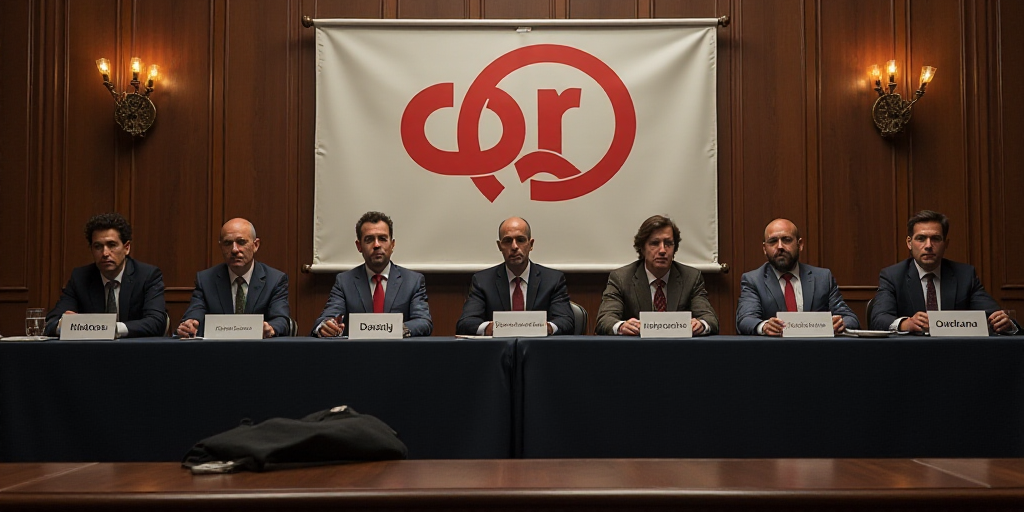Article 175 Bis deemed unconstitutional by experts, leaving minors vulnerable in recording sets, locations, forums, dubbing booths, and theatrical stages.
The Issue at Hand
Under the current Article 175 Bis of Mexico’s Federal Labor Law, activities related to artistic creation, scientific or athletic development, musical performance, and artistic interpretation by minors under 15 are not considered work when supervised by parents, guardians, or those with parental rights. This provision is said to be both outdated and unconstitutional, as it leaves minors’ labor rights in a gray area, allowing exploitation by employers.
Key Provisions of the Federal Labor Law
Article 175 Bis states that activities related to artistic creation, scientific or athletic development, musical performance, and artistic interpretation by minors under 15 are not considered work when supervised by parents, guardians, or those with parental rights. Article 362 restricts union membership to workers over 15.
Experts’ Perspectives
Actor and former ANDA Secretary of Labor, Alejandro Calva, emphasized the need to close loopholes in Article 175 Bis to protect underage artists. ANDA Secretary of Labor, Lourdes Gazza, argued that artistic expressions, especially acting, are not exclusive to adults. Minors’ constant and subordinate participation in recording sets, locations, forums, dubbing booths, and theatrical stages generates economic value for employers while offering personal and professional development for the minors themselves.
Challenges in the Advertising Sector
The situation is particularly dire in the advertising sector, where minors’ work is common due to its informal nature. Calva stressed the need for stronger law implementation, especially in areas with more ambiguity.
“This Norm Should Not Exist”
Magistrate Marisol Castañeda Pérez called Article 175 Bis outdated and unconstitutional, stating it should be eliminated rather than modified. She emphasized the need for legislators to address the gravity of the situation and raise awareness among parents and guardians exploiting minors for economic gain.
Feasibility of Near-Future Reform
Efforts to reform the Federal Labor Law began over six years ago, targeting full labor rights protection for underage artists. Although initially unsuccessful, there is now serious progress with three Senate committees—Cultura, Labor, and Radio, Television, and Cinematography—showing interest.
Harmonizing Labor Law with the Constitution
Political scientist Efraín Delgadillo stressed the necessity of aligning the Federal Labor Law with the Constitution, which mandates safeguarding children’s best interests, including fundamental rights like education, nutrition, health, recreation, and rest. The audiovisual industry often disregards these rights, subjecting minors to grueling work hours and violating their fundamental rights.
In conclusion, the ANDA’s fight for underage artists’ labor rights is a historical debt that Mexico must address. With ongoing efforts and support from experts, a more equitable future for young artists in the entertainment industry seems within reach.
“Regulating minors’ work does not mean exploiting them; it means protecting them from employers, parents, and guardians who may unknowingly or intentionally jeopardize their development,” Lourdes Gazza, ANDA Secretary of Labor.
- Approximately 1,760 underage artists are affiliated with ANDA






